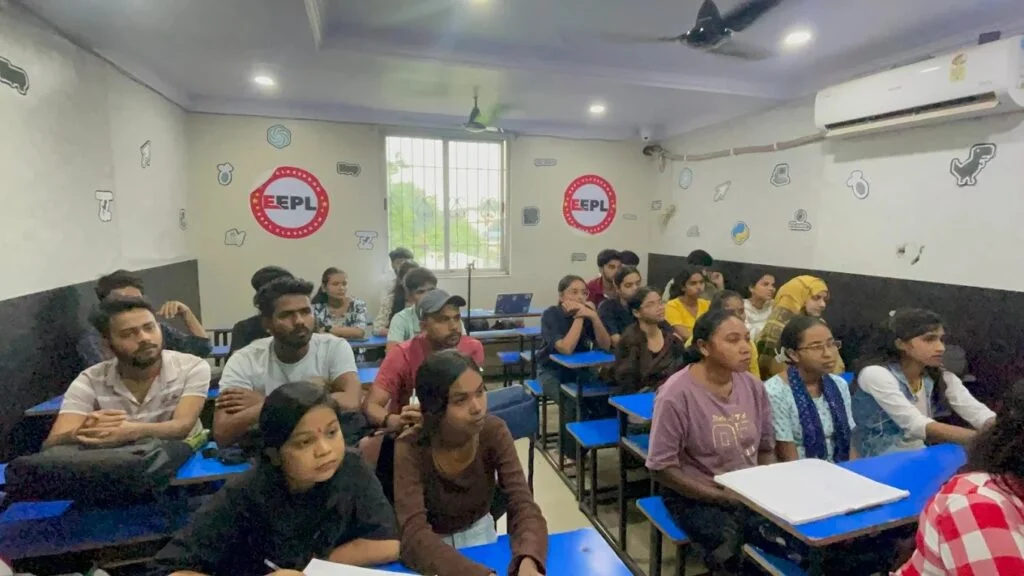The objective of the CBSE Class 12 Accountancy syllabus for the academic year 2024-25 is designed to provide students with an in-depth understanding of accounting principles, concepts, and their application in real-life business situations. This course aims to develop analytical, interpretive, and decision-making skills related to financial management and accounting. The syllabus is structured to help students prepare for higher education in commerce-related fields and various professional career paths.
Key Objectives:
- Understanding Accounting Principles and Standards:
- The syllabus is designed to familiarize students with fundamental accounting concepts, principles, and the standards that govern financial reporting.
- It aims to build a strong foundation in preparing and analyzing financial statements, including the balance sheet, income statement, and cash flow statements.
Knowledge of Accounting Procedures:
- Students will learn about various methods of accounting like the double-entry system, depreciation, provisions, and reserves.
- They will also gain insights into the preparation of ledgers, trial balances, and the closing of books of accounts.
Real-life Application of Accounting:
- The objective is to equip students with the ability to apply accounting knowledge in business scenarios, preparing them for practical challenges in the world of commerce.
- Case studies, accounting problems, and exercises are integrated into the syllabus to develop practical problem-solving skills
Analysis and Interpretation of Financial Statements:
- A key focus of the syllabus is teaching students how to analyze and interpret financial statements using ratios, trends, and comparative methods.
- It helps in understanding the financial health of a business, making it crucial for future business
- decision-making.

Development of Decision-Making Skills:
- The syllabus encourages the development of decision-making abilities through cost analysis, budgeting, and financial planning.
- Students are exposed to management accounting concepts like break-even analysis, financial forecasting, and variance analysis
Familiarity with Business Events and Transactions:
- Students will be introduced to different types of business events and transactions that affect financial records, including mergers, acquisitions, and the preparation of partnership and company accounts.
- It enables learners to understand business cycles and financial operations that sustain a business.
Preparation for Further Studies and Career Opportunities:
- The syllabus is aimed at preparing students for advanced studies in accountancy, economics, finance, business administration, and other related fields.
- It also lays the foundation for professional certifications and exams in fields such as chartered accountancy, company secretaryship, and cost accountancy
Structure of the Syllabus:
- Part A: Financial Accounting
This section includes topics like:- Accounting for Partnership firms
- Companies’ accounting (issue of shares and debentures, final accounts)
- Accounting for non-profit organizations
- Accounting for bills of exchange and promissory notes
Part B: Financial Management and Cost Accounting
Topics include:
- Introduction to financial management
- Cost concepts and cost sheets
- Budgeting and budgeting control
- Standard costing
- Part C: Project Work and Practical Application
The syllabus includes a project work component to encourage students to explore practical aspects of accounting and financial management. This helps students gain hands-on experience.
By the end of the course, students will have developed a comprehensive understanding of accounting practices, financial analysis, and managerial decision-making, positioning them for success in both academic and professional arenas.
For More Information and Updates, Connect With Us
- Name: Survi
- Phone Number: +91-7488713635
- Email ID: survi@eepl.me
- Our Platforms:
- Digilearn Cloud
- EEPL Test
- Live Emancipation
- Follow Us on Social Media:
- Instagram – EEPL Classroom
- Facebook – EEPL Classroom
- https://eepl.me/classes/index.php/blog/
Stay connected and keep learning with EEPL Classroom!











